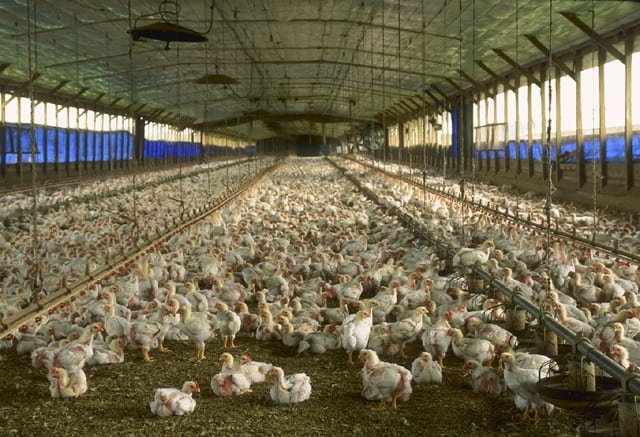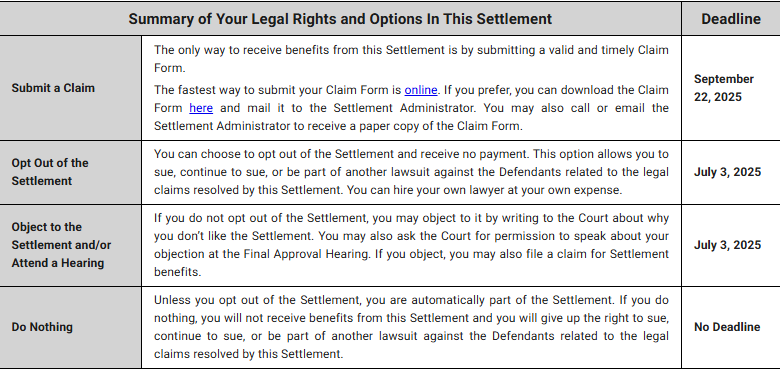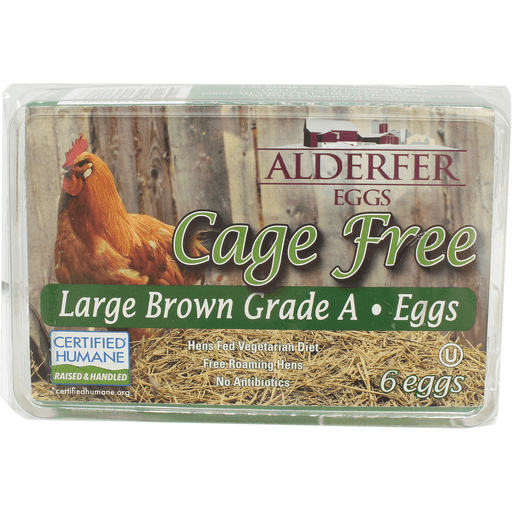
Claim Your Part of the Alderfer Eggs Settlement: If you’ve purchased non-organic Alderfer eggs in the U.S. since December 1, 2020, you may be entitled to cash compensation—$2 to $3 per carton, even if you don’t have a receipt. The Alderfer Eggs Settlement is part of a class-action lawsuit alleging false advertising on the part of Alderfer Family Farm, who labeled eggs “free-roaming” when the hens allegedly never truly saw the outdoors. This article walks you through what the lawsuit’s about, who qualifies, how to file a claim, and what this means for consumer rights and food labeling laws. Whether you’re a shopper, a small business owner, or a legal professional, we’ve got all the details to make sure you don’t miss your share of this national refund.
Claim Your Part of the Alderfer Eggs Settlement
As someone who’s covered food law for years, this settlement hits home. It’s not just about eggs—it’s about honesty in advertising, consumer protection, and corporate accountability. Even small settlements like this ripple through the industry and influence how marketing is regulated. It’s also a reminder that your grocery choices—and your voice—matter. So take a moment to check your fridge, gather those receipts, and file your claim. Your money, your right.
| Topic | Details |
|---|---|
| Settlement Fund | $287,500 |
| Refund Amount | $2 per carton (possibly $3) |
| Proof Required | No (for up to 2 cartons); Yes (for more) |
| Eligibility | U.S. consumers who purchased non-organic Alderfer “free-roaming” eggs since Dec 1, 2020 |
| Claim Deadline | September 22, 2025 |
| Opt-Out/Objection Deadline | July 3, 2025 |
| Final Hearing | October 22, 2025 |
| Payout Methods | PayPal, Venmo, Zelle, Prepaid Card, Check |
| Official Website | alderfersettlement.com |
What the Lawsuit Is All About?
The Alderfer Eggs Settlement alleges that Alderfer Family Farm, a Pennsylvania-based egg producer, falsely advertised its non-organic eggs as “free-roaming.” According to the legal filing, consumers were led to believe that the hens had outdoor access—when, in fact, many hens were confined to indoor spaces or screened porches with no access to real grass or natural environments.
Investigators submitted aerial drone footage, images, and data showing the hens were “free-roaming” in name only. The lawsuit states this misrepresentation violated state and federal consumer protection laws, including the California Business and Professions Code §17500, which specifically prohibits false and misleading advertising.
Rather than continue to litigate, Alderfer reached a $287,500 settlement agreement to compensate consumers and revise its marketing practices.

Who Qualifies for a Refund?
You are eligible to file a claim if:
- You purchased non-organic Alderfer eggs labeled as “free-roaming.”
- The purchase was made between December 1, 2020, and the date the court grants final settlement approval.
- The eggs were purchased in the United States for personal or household use.
You are not eligible if:
- You already received a full refund.
- You are part of the defendant company, legal counsel, or court staff involved in the case.
This includes purchases made from grocery chains, independent stores, farmers’ markets, and online retailers—as long as the product label included “free-roaming” and the eggs were non-organic.
How Much Money Can You Get?
- You can claim $2 per carton.
- If there are fewer claims than expected, the payment may increase to $3 per carton.
- You can claim up to two cartons with no proof required.
- To claim more than two cartons, you must submit proof of purchase, such as:
- Grocery receipts
- Email order confirmations
- Credit card statements
- Loyalty program purchase records
The exact payout depends on how many people submit valid claims. If fewer people file, the amount per carton goes up to ensure full use of the fund.
Step-by-Step: How to Claim Your Part of the Alderfer Eggs Settlement
Step 1: Visit the Official Settlement Website
Go to alderfersettlement.com. This is the official portal with forms, deadlines, and FAQs.
Step 2: Choose Your Filing Method
- Online: Complete and submit your claim directly on the website.
- By Mail: Download the PDF form, print it, complete all sections, and mail it to:
Alderfer Egg Settlement c/o Settlement Administrator P.O. Box 25226 Santa Ana, CA 92779
Step 3: Fill in Your Personal and Purchase Info
You will need to include:
- Your full name and address
- Email address and phone number
- Number of cartons purchased
- Retailer name
- Proof of purchase (only if claiming more than two cartons)
Step 4: Select How You Want to Be Paid
Choose your preferred payment method:
- PayPal
- Venmo
- Zelle
- Virtual Prepaid Card
- Paper Check
Make sure your account details are accurate to avoid delays.
Step 5: Submit Before the Deadline
Your claim must be submitted online or postmarked by September 22, 2025.
Important Legal Deadlines to Know

- July 3, 2025: Deadline to opt out or object to the settlement.
- September 22, 2025: Final day to submit a claim.
- October 22, 2025: Court’s final approval hearing.
- Late November to December 2025: First round of payments begins, depending on court approval.
What Happens If You Do Nothing?
If you take no action:
- You won’t receive any money from the Alderfer Eggs Settlement.
- You lose your right to sue Alderfer individually over the same issue.
- You remain bound by the terms of the class action settlement.

What Makes This Settlement Different?
Most false-labeling cases don’t end with a cash payout. This one does. And here’s what’s unique:
- No proof is needed for most claims: This makes it easy for low-income shoppers or busy families to get compensated without extra stress.
- Consumer education requirement: Alderfer must now fund materials to educate shoppers on egg labeling standards.
- Product labeling changed: The “free-roaming” claim was dropped from their packaging after the lawsuit was filed.
This isn’t just about eggs. It’s a case study in how misleading buzzwords (“free-roaming,” “farm fresh,” “natural”) can trick consumers—and how legal pressure can change that.
What Happens If There’s Money Left Over?
If not all the funds are claimed, the remaining balance won’t go back to Alderfer. Instead, it will be donated to a nonprofit focused on:
- Truth in food advertising
- Sustainable agriculture
- Animal welfare education
This type of leftover distribution is known as cy pres, a legal principle ensuring unclaimed funds benefit the broader public interest.
Broader Impact on the Egg Industry
This lawsuit is part of a growing trend in the food industry: litigating misleading “humane” labels. In recent years, consumers have filed similar suits against other major brands like:
- Nellie’s Free Range Eggs
- Eggland’s Best
- Kroger’s Simple Truth
The USDA is under increased pressure to tighten rules on food labeling—especially claims related to animal welfare. The Alderfer case may push regulators and marketers toward more transparent standards.
$2,500 Cash App Settlement in 2025; Check If You’re Eligible and When You’ll Get Paid
Credit One Bank $14 million settlement: Check Eligibility and how to file a claim?
Mastercard Lawsuit Pays Out £70 to Millions—See If You’re Eligible!
Why You Should File Now?
There’s no downside to filing if you’re eligible. It takes less than 10 minutes online. You’re not only getting back a few bucks—you’re also supporting ethical food labeling practices and consumer rights.
More importantly, it sends a message to other brands: You can’t slap pretty words on packaging and expect people to blindly trust you anymore.











